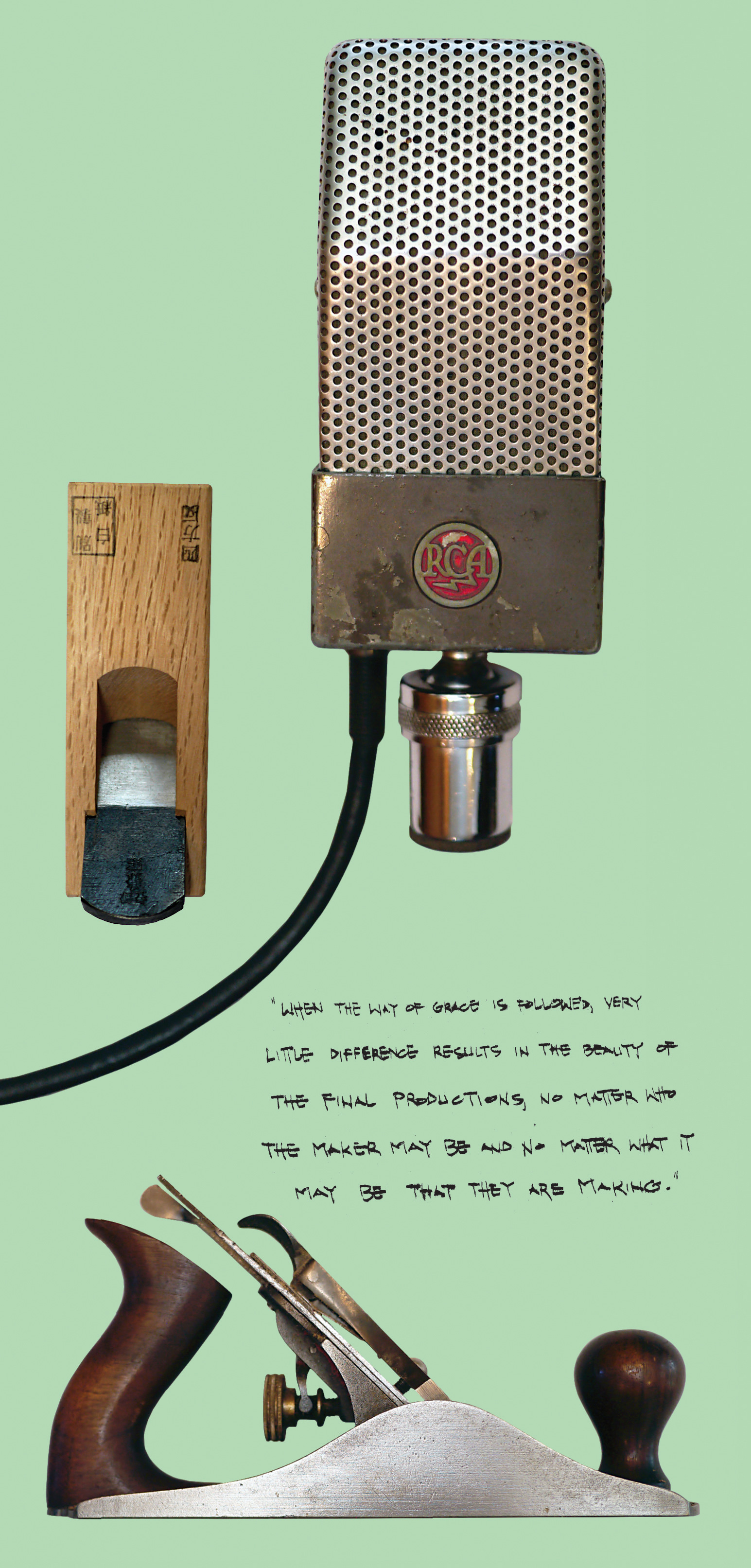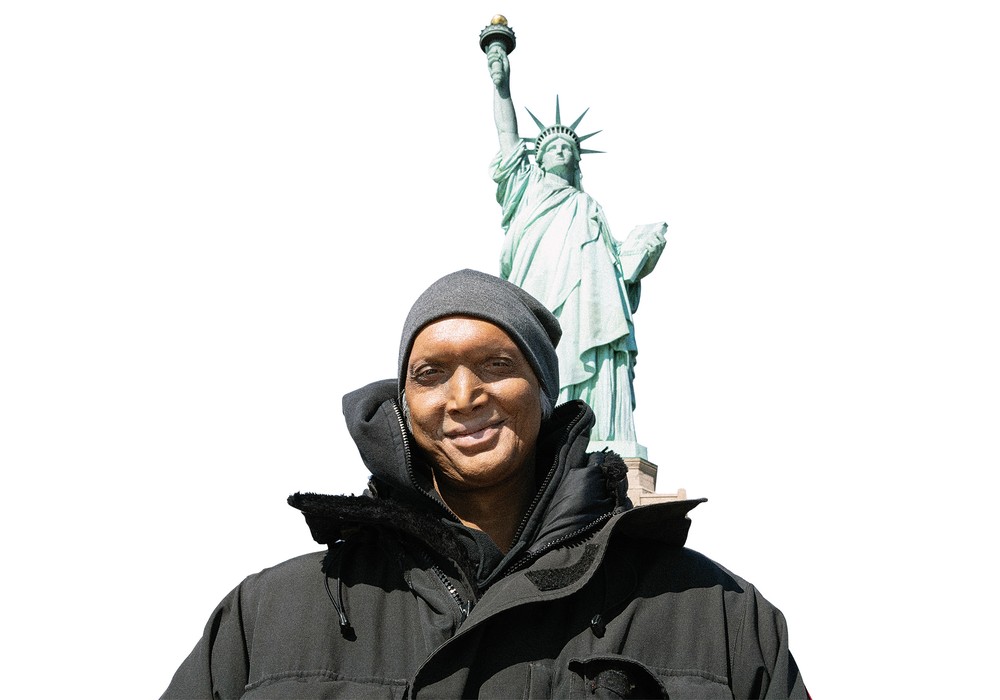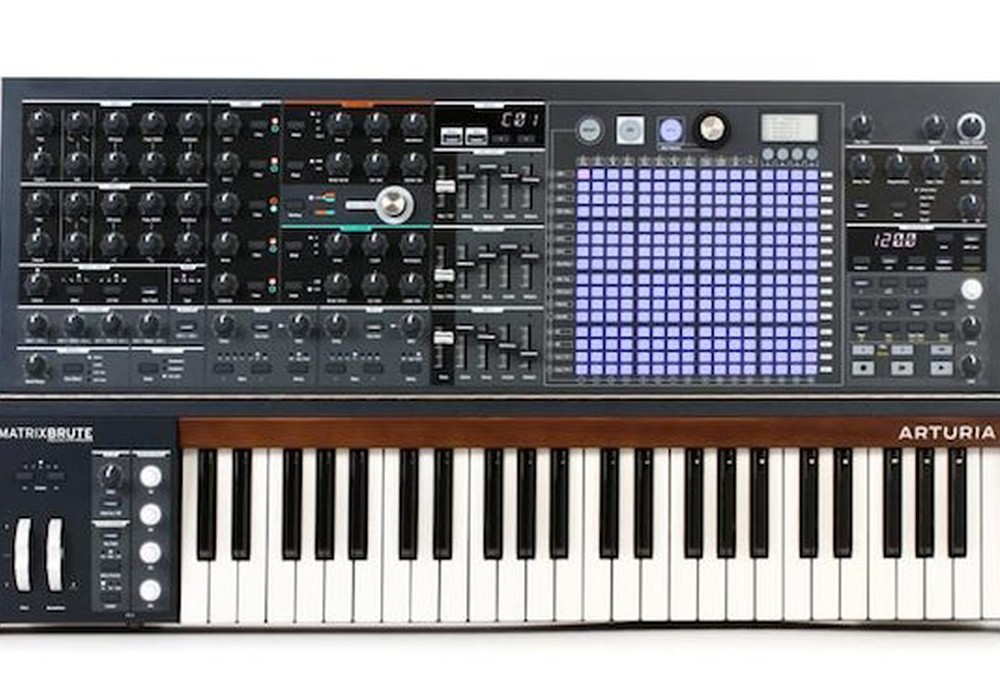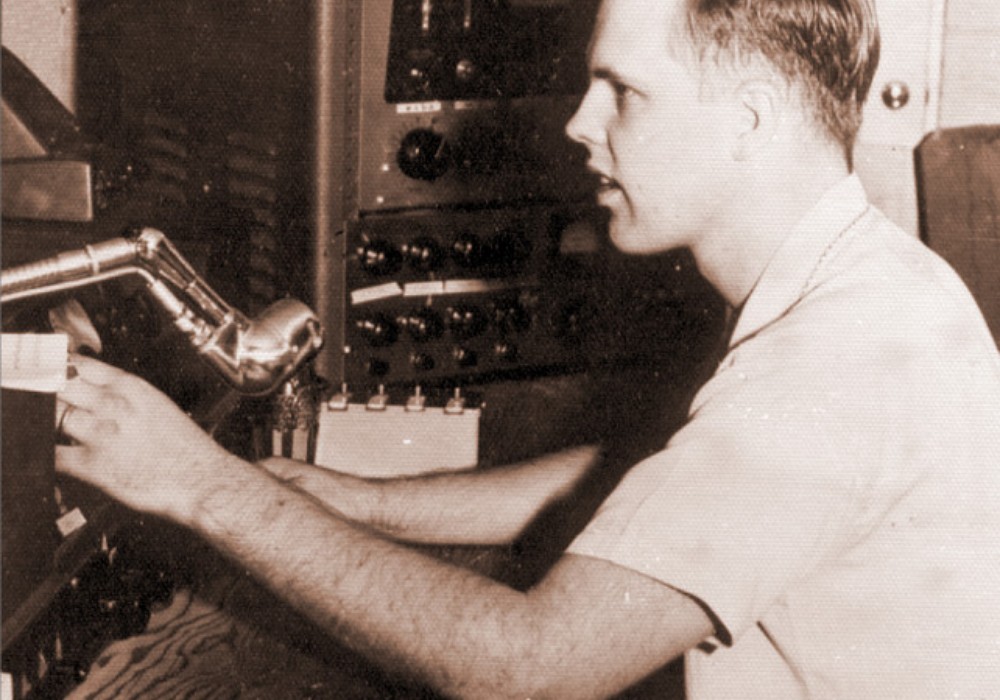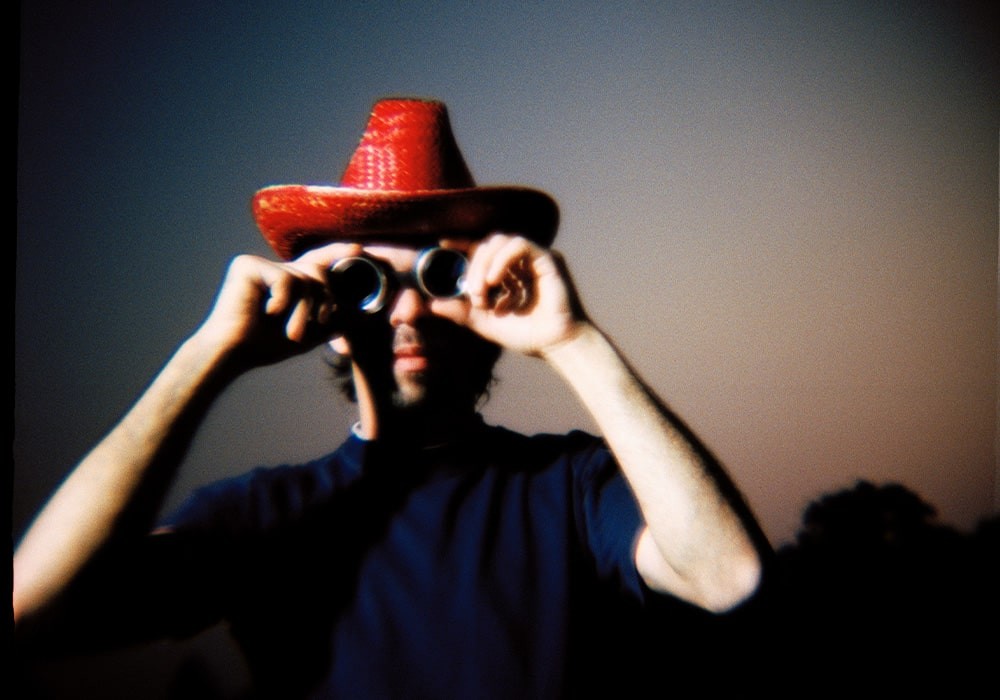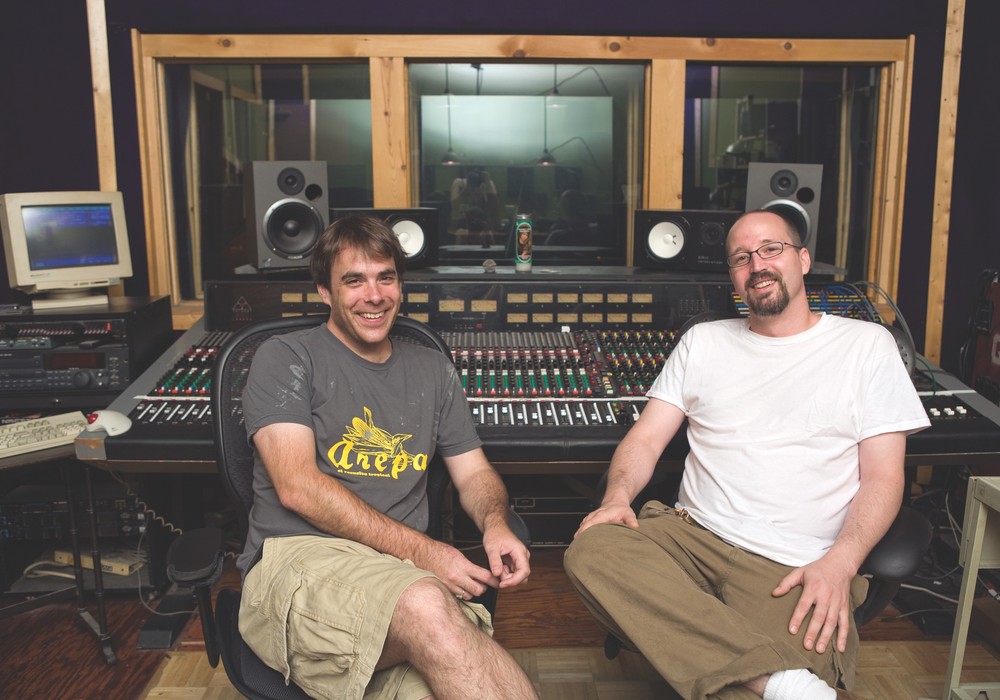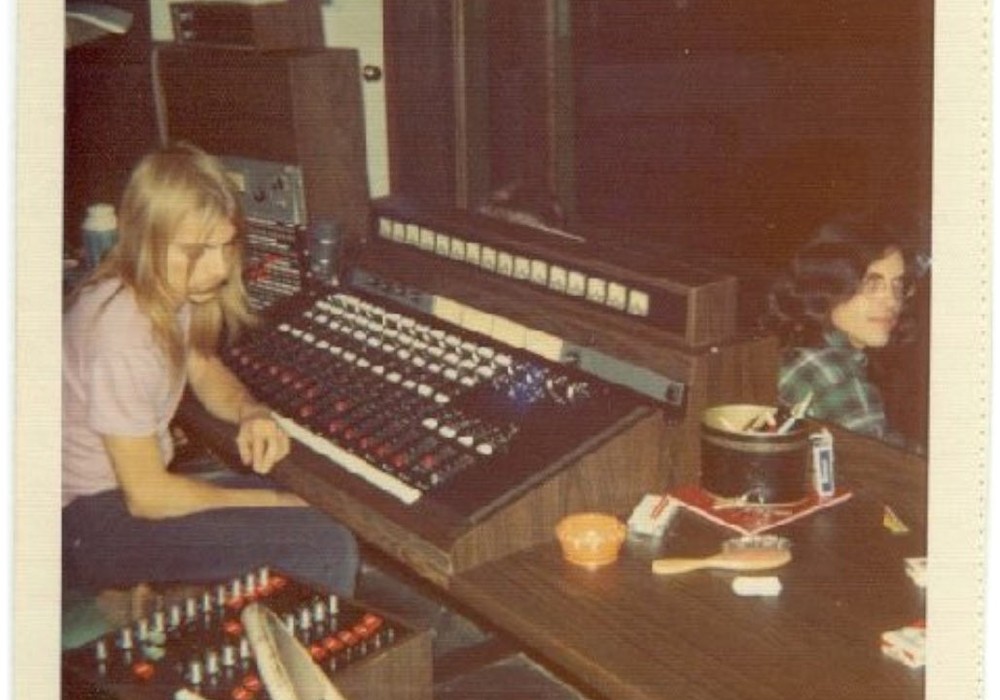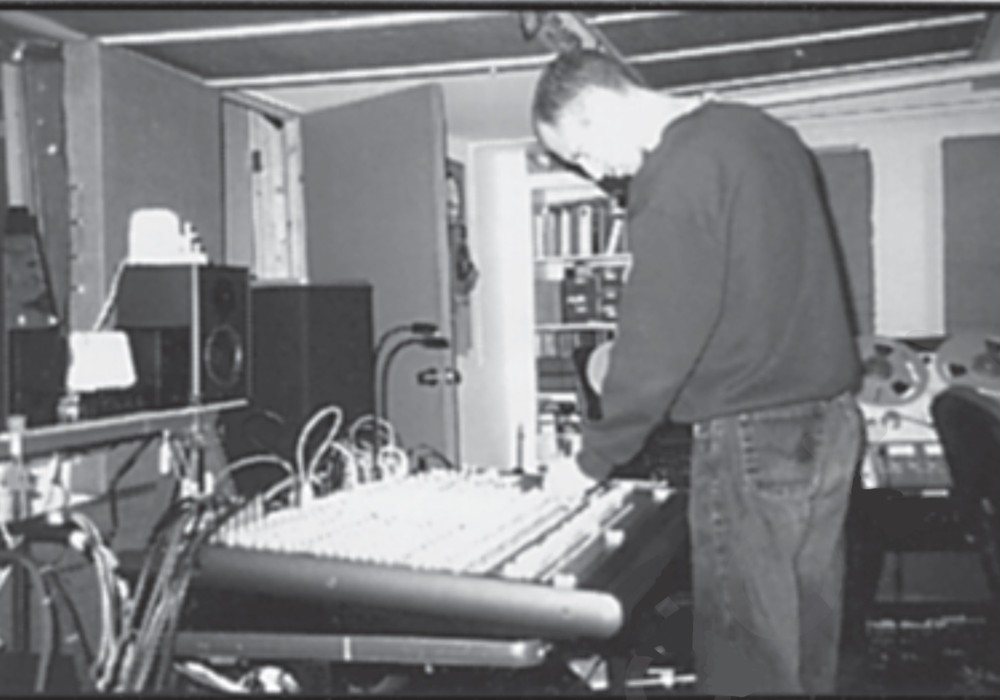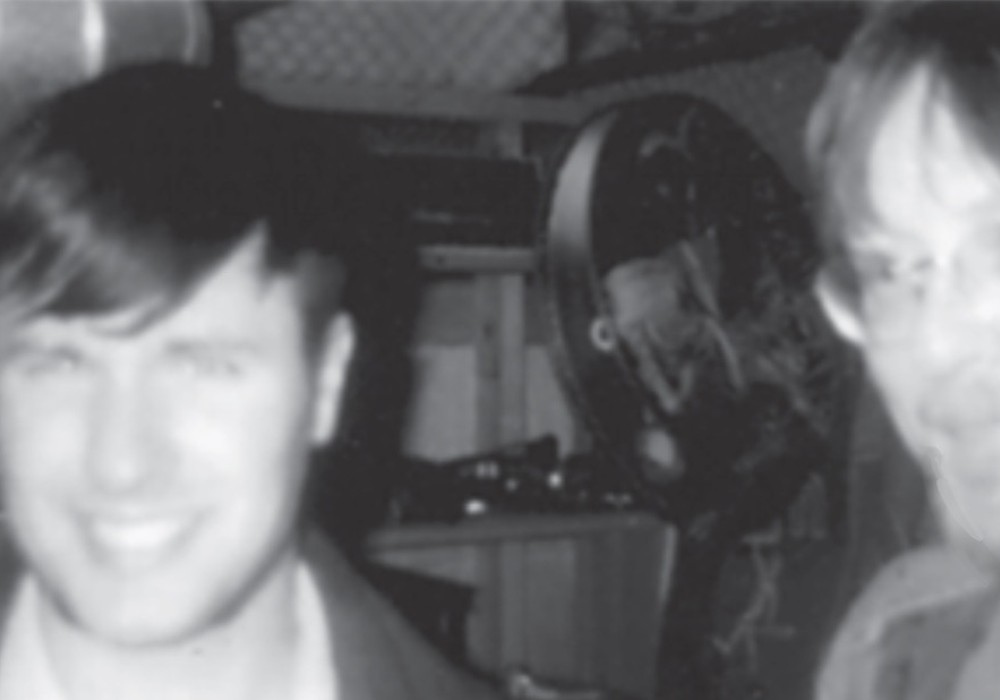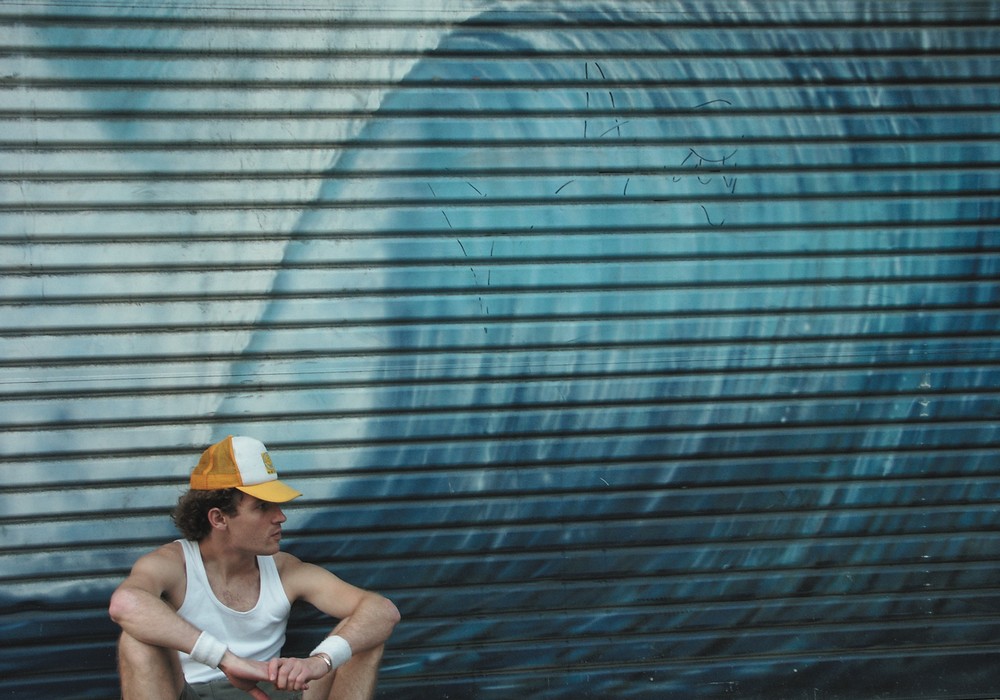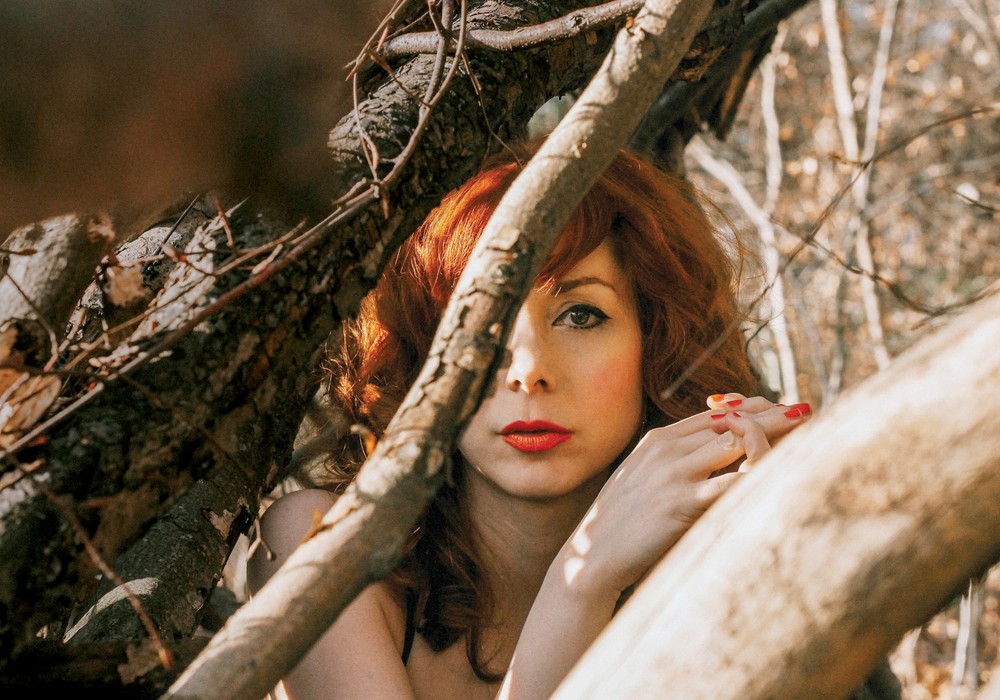I first heard about Shahzad Ismaily when our pal and Tape Op contributor, Eli Crews [Tape Op #88] told me he was moving to New York to help his friend Shahzad open a studio. Soon, I realized we’d worked with some of the same musicians, such as Jolie Holland, Carla Kihlstedt, and Indigo Street. Years later, Portland-based songwriter Laura Veirs booked some time at my studio, Jackpot! Recording, and had Shahzad fly out to co-produce her recent album, Found Light. It was an honor to be invited to drop by, get to hear some of her songs in progress, and to chat with them both. Shahzad owns Figure 8 Recording in Brooklyn, New York, and has an impeccable history as a session musician (Yoko Ono, Marc Ribot, Bonnie “Prince” Billy) and as a producer (Cass McCombs, Xiu Xiu [#77], Sam Amidon, Jolie Holland). He’s always quite thoughtful, so I knew interviewing him would be something unique.
I thought about doing this interview when you were at Jackpot!, but you were immersed in co-producing and playing on Laura’s record. Sometimes interviews are so reflective it takes away from the project at hand. I didn’t want to chance that!
That’s totally true. Plus, if the day goes well – if a lot of emotional energy has gone into the recording that day – I feel weirdly so wiped out; I generally want to go straight to the Airbnb or hotel and just crash.
You’ve already spent the day making a million little decisions.
It’s true. I’m trying to do my best to be a good dad, and I get little tidbits as I’m coming across information about parenting. I read that kids get equally physically tired if they’ve been running around or if they’ve been working their brain.
We spend a lot of energy keeping these brains working. That’s something we always have to take into account, both in the studio and in creative pursuits. Don’t you think?
Absolutely.
What are your views on being asked to produce an artist?
I’m maybe being unnecessarily dualistic here, but if I imagine two poles of producing, one being the producer that walks in and is able to boss the song and the artist around. I don’t mean that with a negative connotation. Think of any singular effective leader person, like James Brown, Prince, or Laurie Anderson – any of these people who have intense vision. There’s the pull of a producer who walks in and says, “Okay, you came in with this one way, but now we’re going to double the tempo. We’re going to have horns on the B-section. We’re going to make it into this new thing.” That’s magical and remarkable. A visionary who can see the object in a totally new reflected way, and manifest that.
Right.
The other pole is a producer that allows the artist to feel so self-inhabited that exactly what they want to say comes out into the light in the most real, vulnerable, safe, and true way. Then, all of a sudden, a different kind of magic takes place, where the person feels, “I don’t know if I would have said that, had it not felt the way it did in the room today.” That’s the side, so far in my life, that I’ve been able to live in. As an analogy, it’s like when the forest is dark, quiet, and still enough. And then some of the rarest animals come out into the meadow, if only for a little while. That’s what’s exciting. Maybe that comes from being quite ostracized as a kid, knowing how to get the rare, hidden self to come forward.
True. In what ways were you ostracized when young?
In my case, I grew up in 1970’s small-town Pennsylvania. This was well before the internet, where there wasn’t the ability to find a culture of the weird. What we all received was what was on Saturday morning cartoons, evening sitcoms, and Friday night football games. It was very white in the area I was. Unfortunately, between being an immigrant, being Pakistani, and being brown, we have what are given to us as normalized beauty standards. I was well outside of those, in terms of race and culture, but also in terms of the way my body looked, and these kind of unusual deformities. I was on the outside of everything. It was quite grim. But I had the counterbalance of loving parents, so that was lucky.
That’s good. I think a lot of us that end up in music feel like outsiders. Sometimes these environ-ments force us inward and make us creative.
Yeah, I totally agree. It’s also wild what, thus far to me, has seemed to be the open embrace of musicians in the music community. If I walk into a room and pick up an instrument, and I’m elevating the feel of what’s going on, instantly I’ll have a connection with the people around me. What race you are, what you look like, what your background is, is instantly totally subterranean. It makes me think about those photos of jazz groups from the ‘30s,...
